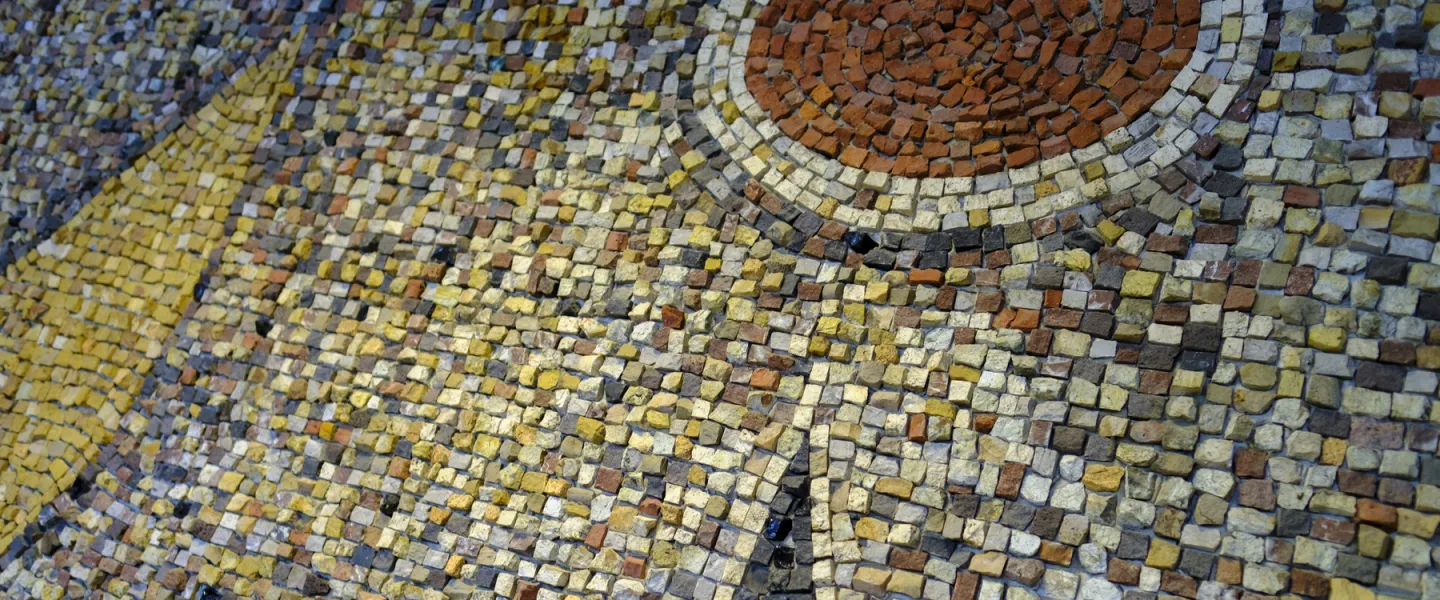
“This project is aimed at teachers and other professionals in the education system looking for a holistic and creative pedagogy to support their students’ creativity. Institutions in higher education that support artistic approaches must be open to more varied and creative methods. Furthermore, we expect artists to hone their skills in approaching everyday situations from an artistic standpoint. When the results have been gathered we will create educational materials to use in institutions of higher education all over Europe,” says Rannveig Björk Þorkelsdóttir, associate professor at the University of Iceland’s School of Education. She is currently working with Jóna Björk Þorkelsdóttir, adjunct, on an international study that is focused on developing an experimental framework for teaching methods based on the arts. Seven other European countries are also involved in the project with Iceland.
“The study group behind the ALL-project (Artist-Led Learning in Higher Education) wants to contribute to increasing the creative skills of students, teachers, and artists within higher education. The product of the project is experimental teaching that will become part of universities’ curricula in collaboration with cultural institutions. The goal is that the framework will encourage the development of innovative study materials, based on the arts and the participants’ collaboration.”
An open creative study environment
Universities in the participating countries are involved in the project, along with other parties that are experts in artistic interpretation; understand artistic methods and their application in higher education. “The project – in the short version – is about establishing a free work shop where organised artistic experiments are conducted, i.e. the creative collaboration of leading academics who also have practical experience in the field of artistic creation. The workshop is not a necessarily a physical place, but rather a social area inhabiting an open creative environment. In such circumstances opportunities to shape knowledge, and to criticise, reorganise and think things over again, “ says Rannveig and adds that the methods are partially rooted in pedagogy, education theory, and leadership and corporate training.
Rannveig is a former drama teacher at a primary school in Reykjavík, Háteigsskóli. “Through drama students learn empathy and it strengthens their self-image. Students are thus more likely to make decisions based on their own opinions and feelings, rather than those of their peers. Children have a need to express themselves through role-playing and they have a special knack for changing their environment to suit the role playing game they are engaged in at each time. Research shows that language skills are improved through drama and that students with learning disabilities improve their linguistic and social skills through drama. Using drama often deepens students’ understanding of other material.”
The research group plans to have results ready next year. “We will distribute the materials we develop as widely as possible using open software and virtual reality environments. We want to ensure that the participants engage in a meaningful way and that the methods will encourage them to use such approaches in their practice,” Rannveig concludes and adds that the project is significant for the Icelandic educational community as a whole.